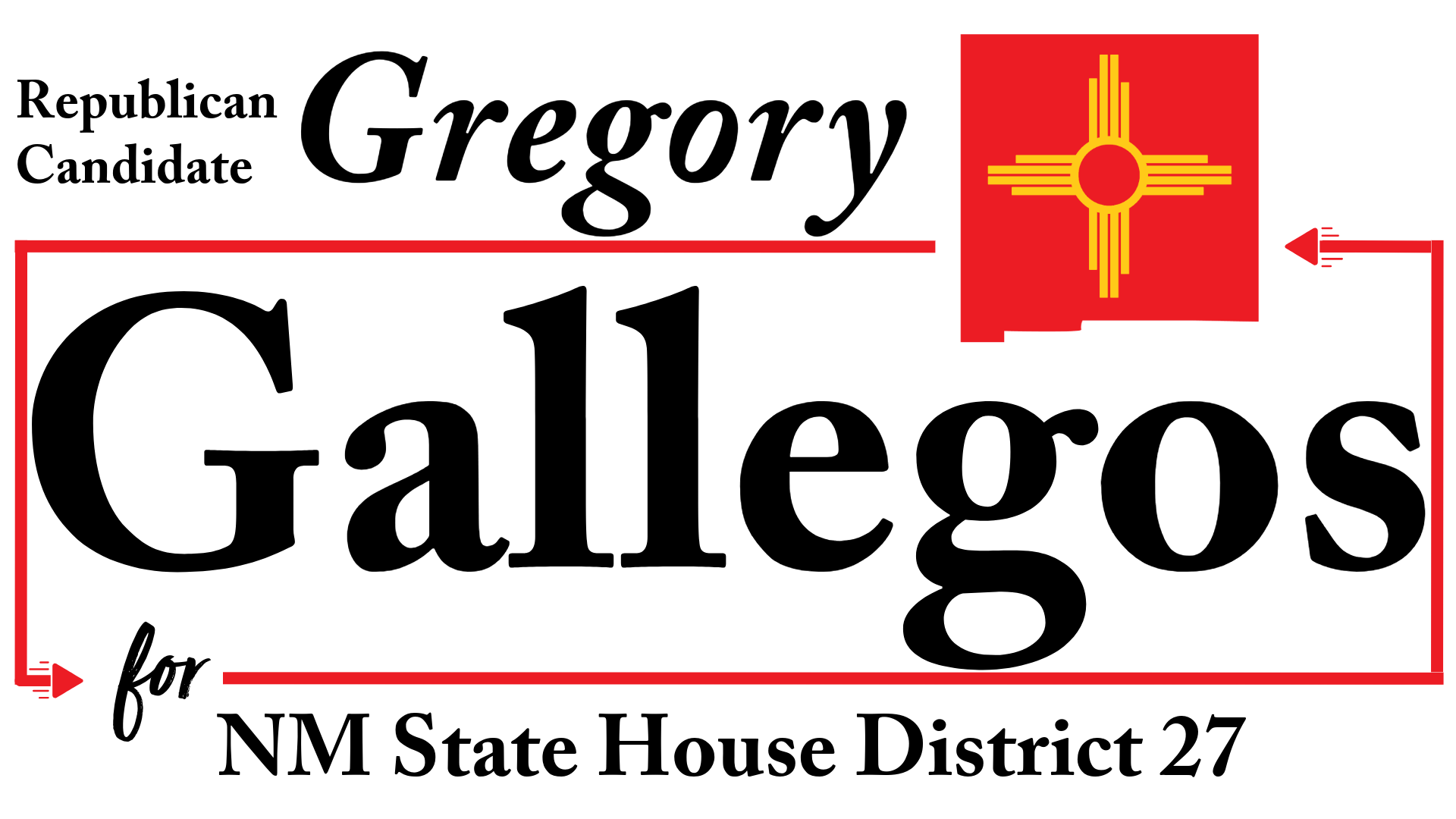Have you or someone you know experienced difficulties when attempting to secure care with your primary healthcare provider?
Recent findings from the State of New Mexico’s Office of Health Equity underscore a significant challenge in the region—the shortage of healthcare providers. This shortage is identified as a substantial obstacle, adversely impacting both preventative care measures and the accessibility of treatment options (source: NMDOH). The repercussions of this scarcity are evident in the extended waiting times for appointments, with individuals often facing the necessity to schedule healthcare services months in advance. In some instances, this predicament forces individuals to turn to urgent care facilities or emergency rooms, even for issues that could be effectively addressed by a primary care provider.
To address and rectify this strain on the healthcare system, a timely and relevant recommendation is to explore the reduction or elimination of the gross receipt tax in the medical field. This strategic move seeks to alleviate the financial burden carried by healthcare providers, fostering an environment that encourages the expansion of medical services and the attraction of new healthcare professionals to New Mexico. By doing so, this initiative aims to mitigate the current shortage, enhancing the overall responsiveness of the healthcare system.
A reduction or elimination of the gross receipt tax in the medical field is envisioned as a catalyst for incentivizing healthcare providers to establish or expand their practices within the state. This not only addresses the immediate challenge of prolonged waiting times but also contributes to building a more robust and resilient healthcare infrastructure. Streamlining the scheduling process becomes more achievable, enabling individuals to receive timely and appropriate care, ultimately fostering a healthier population in New Mexico.
In essence, this proposed tax reduction serves as a strategic lever to reshape the healthcare landscape, making it more conducive to the needs of the community. It is a forward-looking approach aimed at attracting and retaining healthcare professionals, fostering accessibility, and promoting the well-being of individuals throughout the state.

